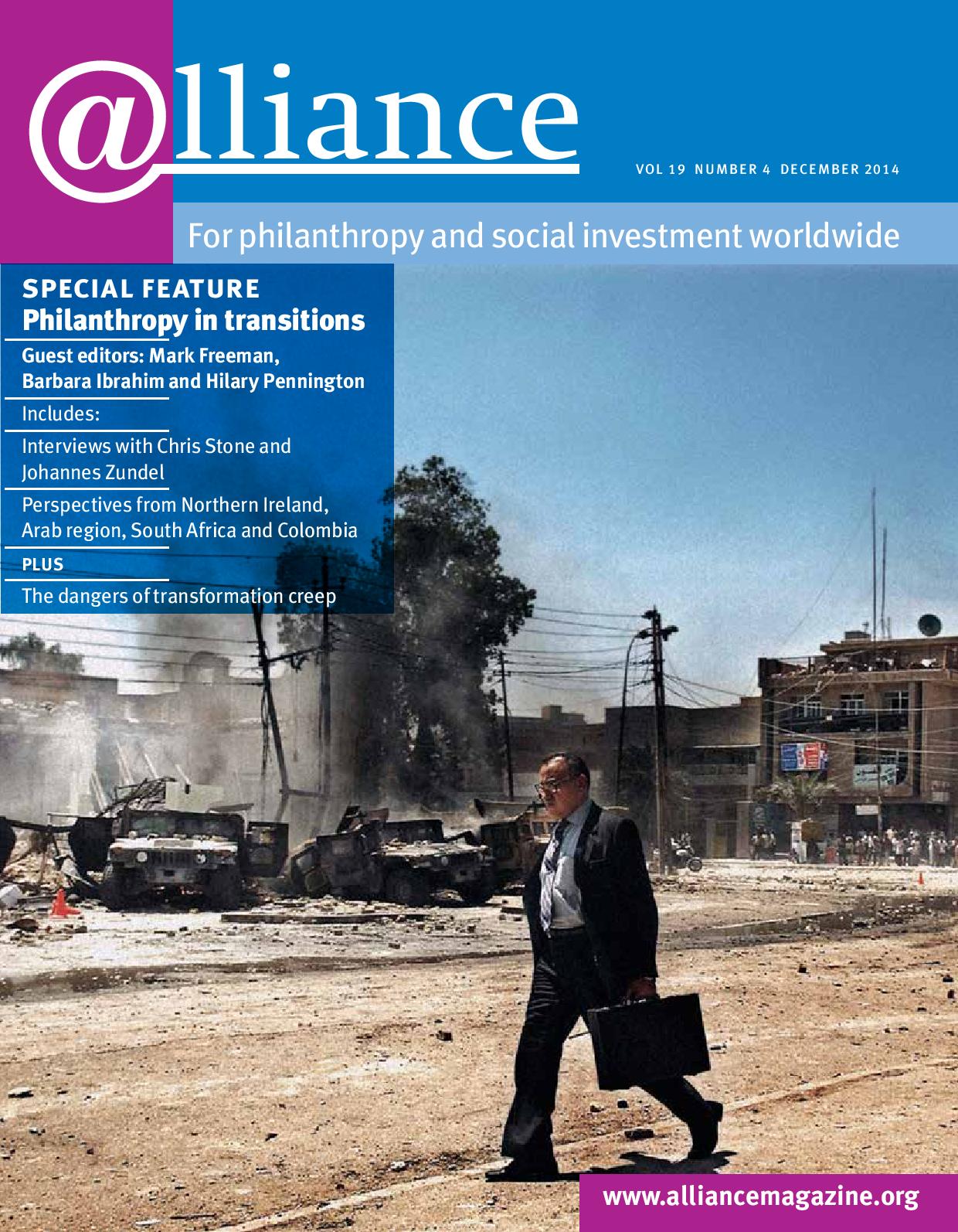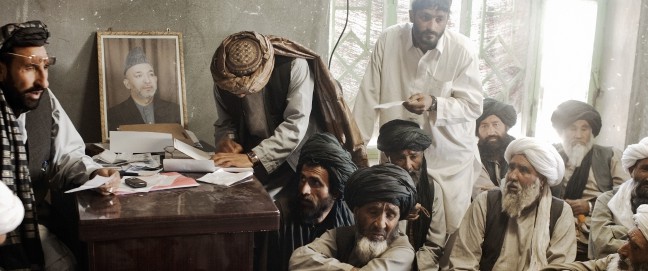What kind of support has been going to Colombian civil society in recent years?
Colombia has received a considerable amount of money for not-for-profit activities from various international and local actors. A very high proportion of that money has come from two main sources: from private foundations (eg Ford Foundation and Open Society Foundations) and from state-run international aid agencies such as USAID or directly from governments and embassies. Foreign individual philanthropists have generally contributed less. Colombian donations have typically been made through corporate foundations like Fundación Social and Fundación Corona. We do not really have private millionaires or ‘great philanthropists’ who have made significant contributions to NGOs.
What in your opinion has the philanthropic sector – both local and international – contributed to the broader national effort to end armed conflict in Colombia during the last decade?
Public and private funders, especially international ones, have contributed a great deal. For many years, they have funded the work of the country’s flagship and mid-sized NGOs as well as grassroots organizations. Important human rights work, peace initiatives and development efforts have been carried out thanks to that support. In many regions where the Colombian state has not historically been present, international aid has been key.
By contrast, local contributors have been more timid. Their contributions have tended to be focused on issues that can make an impact on peace in a broader sense, such as children’s rights, basic education and targeted poverty reduction, but that are less political.
Has private philanthropy mainly been on the ‘right side of history’, taking smart risks at the right critical junctures?
It has been on both sides. International aid has been virtually the sole source of support for risky human rights, peace and development efforts in many regions. Without such aid, our country wouldn’t have such a strong civil society community working on these issues.
At the same time, some international aid has been used to promote and perpetuate conflict. For example, a number of years ago Colombia was the second-largest recipient of US aid globally. This was mainly through ‘Plan Colombia’, which was used primarily to strengthen the military capacity of the state. A great deal of the money was spent on the salaries and expenses of international contractors, military and civilian, with virtually no positive impact on the livelihoods of the war’s most affected communities, whom it was supposed to benefit.
What is a positive example of something that private philanthropy has contributed to the country’s efforts in the last decade to end armed conflict?
The state agency in charge of the paramilitary demobilization process that began a decade ago offers a good example. The agency launched different attempts to include the private and philanthropic sector in that agenda. We do not have detailed knowledge of the results, but we know that the agency was able to engage big retailers to promote the hiring and reintegration of demobilized members of paramilitary forces – an issue of enormous importance within the overall objective of reinserting these people back into civilian life.
Are there any negative examples?
In more recent times, we have seen a trend where corporations have initiated corporate social responsibility foundations or philanthropic institutions, NGOs and other institutions of the kind that are publicized as committed to peacebuilding causes. In reality, though, these entities only tend to advance corporate goals such as increasing PR for the company and gaining the confidence of local communities to facilitate their local profit-making operations. This is especially apparent in the case of the extractive industries.
As Colombia moves closer to a final peace accord with the country’s last rebel groups, what core values and operating principles should guide the engagement of private foundations in the post-conflict transition?
There are many. But the most important would be neutrality, a commitment to human rights and human dignity, a focus on local reconstruction that is based on promoting local efforts and maximizing local tools and decisions, and a commitment to doing no harm.
Rodrigo Uprimny is executive director of the Center of Studies on Law, Justice and Society, ‘Dejusticia’, based in Colombia. Email ruprimny@dejusticia.org
Lead image caption: Peace march in Bogota.



Comments (0)